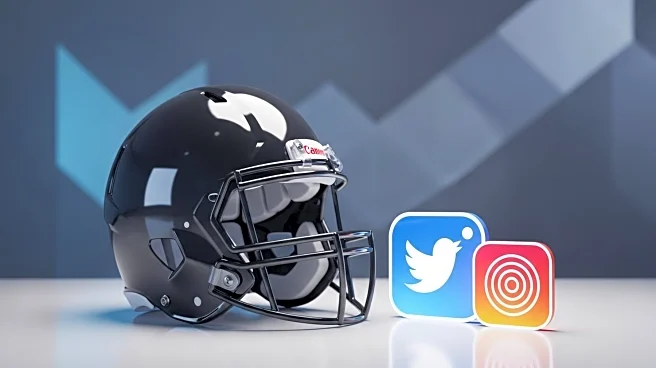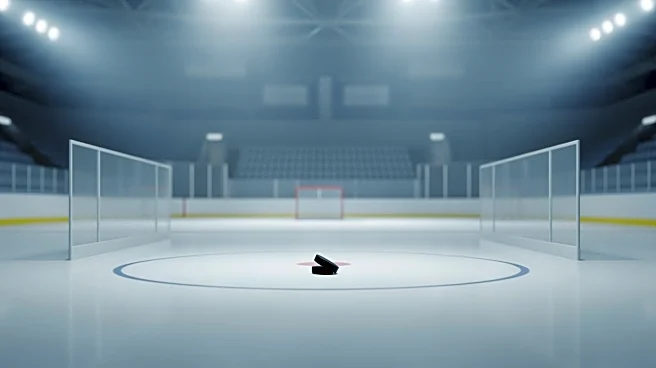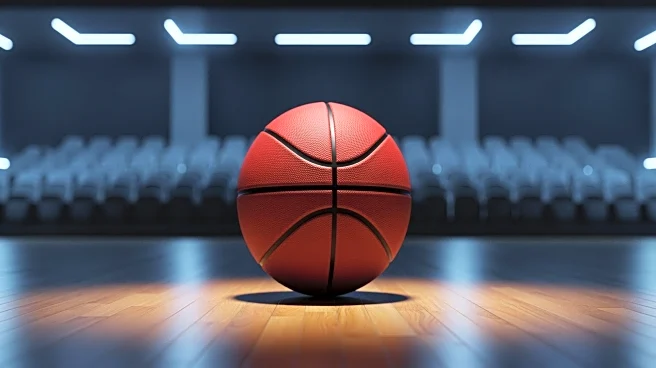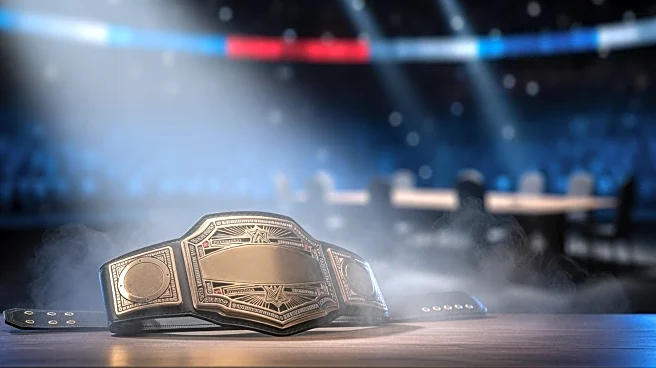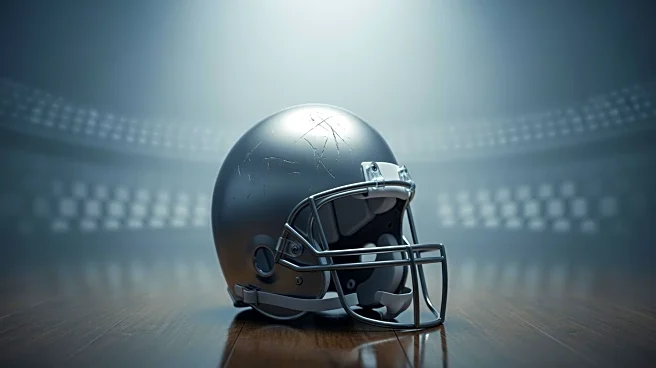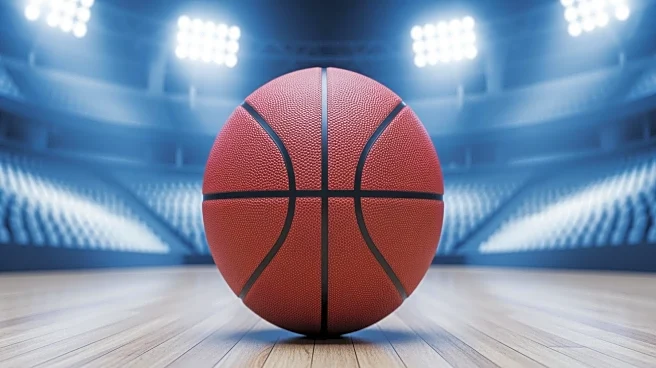What is the story about?
What's Happening?
Whit Weeks, a linebacker for LSU, was ejected during the team's game against Florida for targeting. The incident occurred during Florida's first offensive possession when Weeks attempted a tackle on Jadan Baugh. After an official review, it was determined that Weeks led with the crown of his helmet, making contact with Baugh's head. Despite being a preseason All-American and leading the team with 13 tackles, Weeks will remain on the sideline for the rest of the game. His ejection has prompted significant reactions on social media, with many users criticizing the targeting rule and its automatic ejection penalty.
Why It's Important?
The ejection of Whit Weeks has reignited discussions about the targeting rule in college football, which mandates automatic ejection for players deemed to have committed the offense. Critics argue that the rule is overly harsh and detracts from the sport by penalizing players for actions that may not be malicious. This incident highlights ongoing debates about player safety and the balance between protecting athletes and maintaining the integrity of the game. The reactions from fans and commentators suggest a growing demand for revisiting and potentially revising the targeting rule to better align with the realities of the sport.
What's Next?
The controversy surrounding Weeks' ejection may lead to further scrutiny of the targeting rule by the NCAA. Stakeholders, including coaches, players, and fans, could push for changes to the rule to prevent automatic ejections for non-malicious plays. Discussions may focus on implementing a tiered penalty system or enhancing review processes to ensure fairer outcomes. The NCAA's response to this incident could set a precedent for how similar situations are handled in the future, potentially influencing rule changes that impact player conduct and game dynamics.
Beyond the Headlines
The targeting rule's impact extends beyond individual games, affecting player development and team strategies. Ejections can alter game outcomes and player statistics, influencing career trajectories and team performance. The emotional and psychological effects on players like Weeks, who face public scrutiny and potential stigmatization, are significant. This incident underscores the need for a balanced approach to player safety that considers both physical risks and the broader implications for athletes' careers and well-being.
